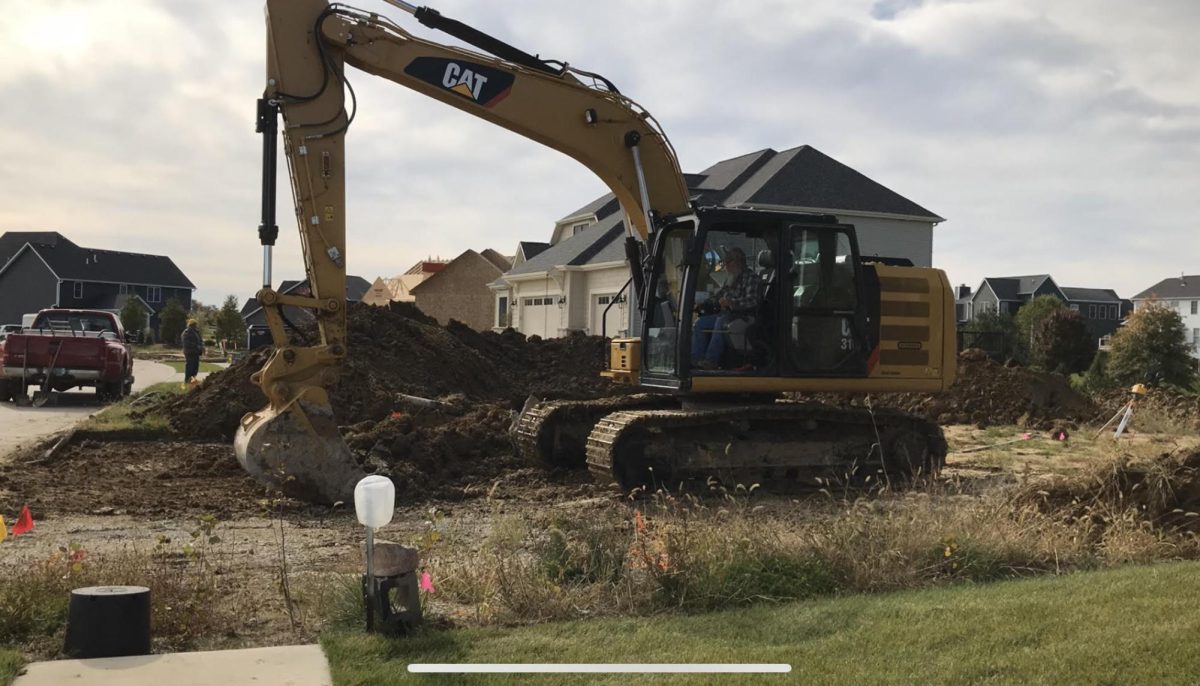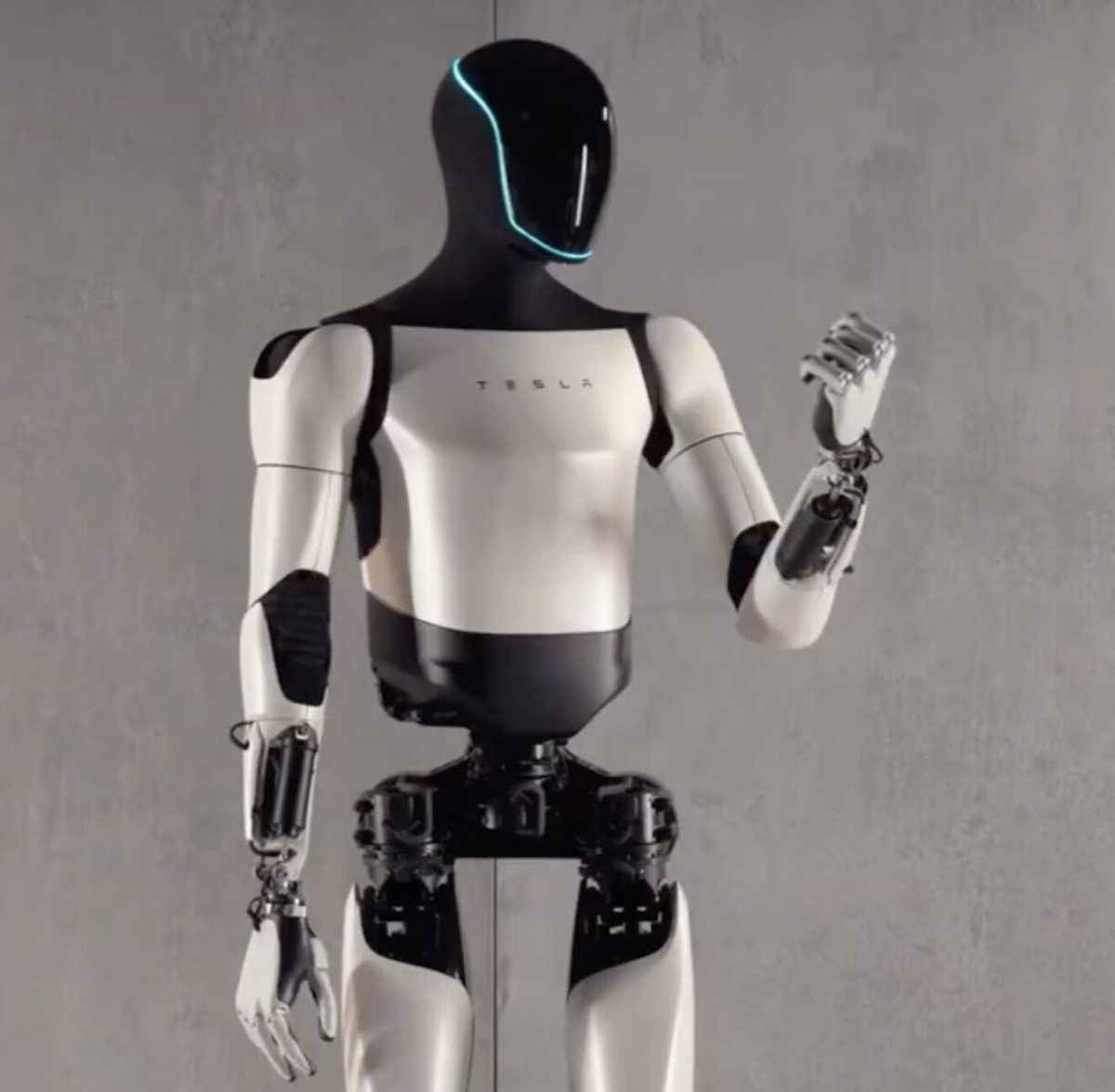Nov. 8, 2016 brought a lot of controversy to the people of the United States. After almost a year of one big aggravating election, Donald Trump won the electoral college to become the 45th president-elect of the United States. A victory for some, devastation for many. For minorities living in the United States, Trump’s win is not just a simple loss, it represents four years of humans fearing the possibility of a wall separating loved ones who have not received visas to the land of opportunity. According to the New York Times Republican exit polls, 64% of voters said immigration is our country’s biggest issue, 84% said that illegal immigrants should be deported (and not offered the chance to become legal), and 86% said the U.S. should build a wall along the border of Mexico.
Children are fearing for their lives, or the lives of their parents. Little kids do not know what is going to happen, and all they hear on the news is that their parents might be deported back to Mexico. Imagine how they feel, the fear they have in a country that is supposed to be a place people come to escape that same feeling. If parents are deported, the children stay here in hopes of a successful future while a wall will separate the chance of ever seeing their mother or father again. The United States prides itself on the importance of family, but yet wants to tear them apart.
“When Mexico sends its people, they’re not sending the best. They’re not sending you, they’re sending people that have lots of problems and they’re bringing those problems with us. They’re bringing drugs. They bring crime. They’re rapists… And some, I assume, are good people.” Just some are good people. According to the U.S. Census Bureau, Hispanic Americans make up only 17.6% of the U.S. population. And of that population, only 35% are born outside the U.S which means that 65% of the hispanic population are American born citizens, just like everyone else here. Obviously, not all of them are going to be good people, just as there are a lot of generations of old Americans who are bad as well. This also goes to say that if a wall is built, the ‘good’ hispanics will stay and obey the wall while the ‘bad’ ones will find some way to get around it as they always do.
The same applies to the issue of letting Syrian refugees enter the U.S. on account of wanting to escape a country where a terrorist group known as ISIS is bombing and killing citizens everyday. Pardon them for wanting better for their children. The United States has always been a welcoming place for the whole world, which is partially why the cultures here are so diverse and why everyone has a different ethnic background. There should be no reason why this incident is much different from those of the Hebrew religion escaping Nazi Germany during World War II. Both are looking for a fresh start after enduring a harsh, cruel battle. Ebteehal Ismail, senior, says, “Minorities are already facing hardships and by having someone is power who doesn’t support them will send our country back decades.” It’s hard enough for people to leave the country they call home, regardless of its state of being.
Unfortunately, these issues include so many details that make for long arguments with lots of questions and sometimes hard-to-explain answers. Someway, somehow, the United States will survive the next four years and hopefully remain a country with wide, welcoming arms.









